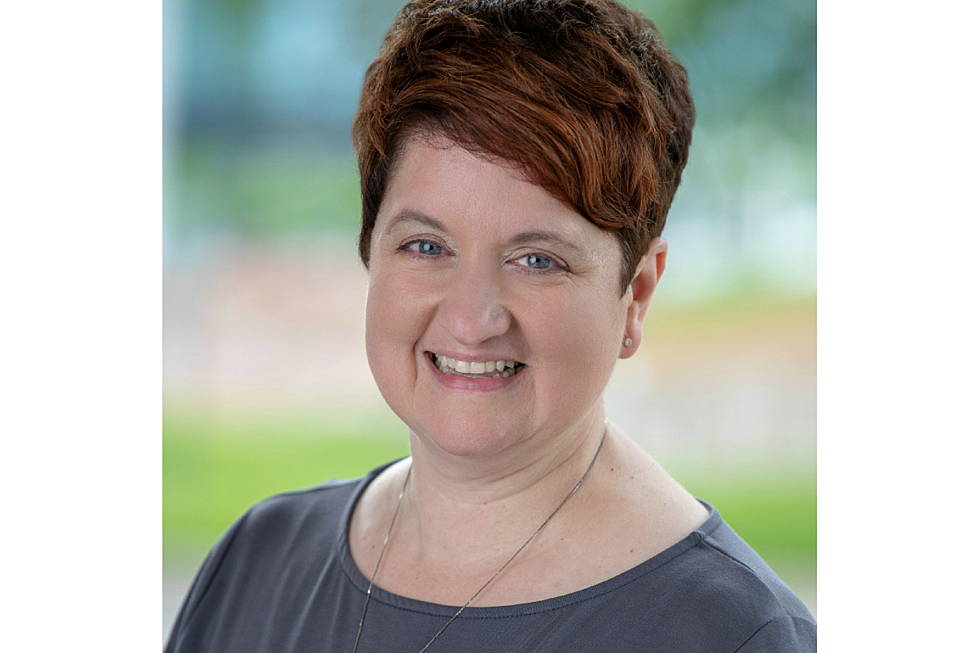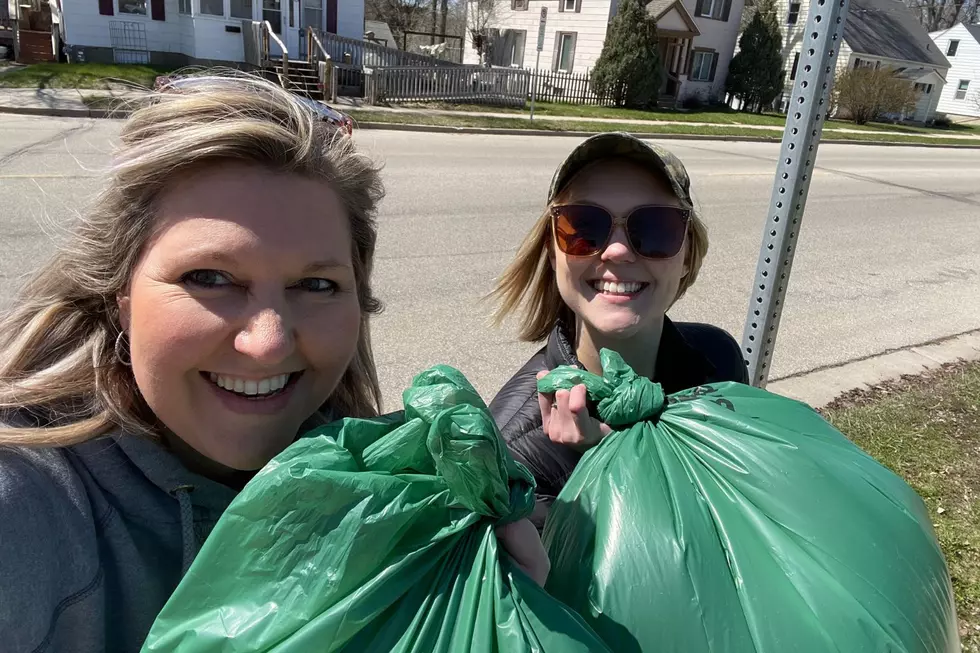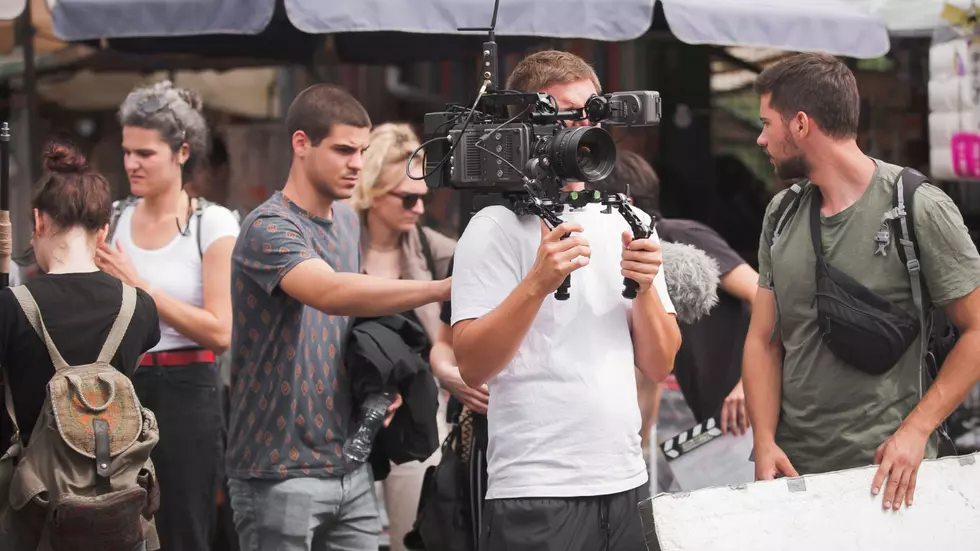
Meet Rochester School Board Candidate Cathy Nathan
School Board Position 6
Website: http://www.cathynathan.com
Official Bio:
Cathy Nathan was a health and public policy consultant for clients nationwide before she became a full-time community volunteer and education advocate. Cathy’s education advocacy and community activities include:
Minnesota PTA Advocacy Commissioner
Minnesota PTA STEM + Families Leader
Century PTSA President/Communications Committee Chair
Century STEM Society Advisor
Lincoln K-8 Community Relations Chair
Rochester Area Council PTSA Parent Power Network Leader/Trainer
Rochester Public Schools - Strategic Planning Action Team
Rochester Public Schools - Gifted Services Committee – Facilitator
Rochester Public Schools - Community Focus Team
Rochester Public Schools - Community Curriculum and Instruction Advisory Committee
Alliance for Strong Rochester Public Schools Chair
Cradle to Career Planning Team and Leadership Table Member
InSciEd Out Foundation Board Member
Pipsqueaks Indoor Playground Founding Board Member
Minnesota Department of Education - Every Student Succeeds Act State Plan and Report Card/Data Reporting Workgroup
Calvary Episcopal Church Rector and Mission Discernment Committees
Cathy has lived in Rochester since 2000 with her husband Mark and two sons, Gregory (Century Class of 2013) and Jared (Century Class of 2019). She is originally from the Chicago suburbs, but has also lived in Texas, Iowa and Indiana. She graduated from Loyola University Chicago and earned a master’s degree in Public Policy from the University of Chicago. Cathy also enjoys spending time with her family and friends on the tennis court, cheering on Minnesota United, listening to live music, at book club, and in the kitchen cooking food to share.
Your key platforms
As a community volunteer and education advocate, I have had some success in improving our Rochester Public Schools. But it’s time for me to stop asking for change and start making change with my voice and vote on the Rochester School Board.
I believe Rochester Public Schools are an essential part of our community infrastructure. My record of volunteering and advocacy shows my commitment to our schools. But the challenges faced by our schools and students are mounting.
Rochester Public Schools need school board members who respond to these challenges with:
- More sharing of information and listening to the community
- More evaluation of what we are doing well and how we can improve.
- Stronger focus on addressing each student as an individual through our programs and curriculum
- A stronger sense of urgency
I’m running for school board to bring these improvements to the students of today and to the process for planning the schools of tomorrow. And I’ll use the community’s input, my voice at the school board table and my votes as a school board member to do so.
The list of issues that could come before the Rochester School Board are numerous.
In making decisions about the issues, I believe it is important for a school board member to have:
- Criteria and a process for making decisions at the school board table.
- A strategy for actively involving families and the community in supporting and shaping their children’s schools
How will I make decisions?
My decision-making process as a school board member will focus on what Rochester Public Schools needs to do to best serve students, families and the community. As an education advocate, I already ask a lot of questions. Here’s some of the questions I will ask as a school board member, and I would encourage my fellow school board members to do the same:
- What do we need to focus on to best serve our students?
- How do we evaluate how well our current programs and curriculum are serving our students?
- What are other districts and schools doing to be successful?
- What information do we need to share with the community so that they understand what is happening in our schools and in the decisions we are making?
- What information do we need to gather from the community to improve our decision-making?
- How do our programs and curriculum measure up?
- What changes to our programs and curriculum do we need to consider?
- What changes to we need to make to how we allocate our financial and personnel resources in the district?
- What support is needed from the Rochester community to improve our schools?
How will I get families and the community involved in decision-making?
I believe that public input improves our public schools - I have spent the past 18 years as an education advocate at the local, state and Federal levels living that belief. Your opinions, concerns and compliments as concerned parents, committed teachers, passionate student advocates and community activists will make me a better school board member and will help our schools serve our students better.
I want more people to get involved in advocating for school issues important to your children and our community. If elected, I will facilitate increased opportunities for the Rochester community to communicate to me and my colleagues on the school board. It is just as important that the District share clear and accessible information with the community as it is for the District to listen to community input.
I have a demonstrated record of success improving school-family communication by developing online newsletters and social media at Century and Lincoln. I’m continuing that kind of communication during this campaign by using my social media and website to share upcoming school board meeting topics and District events along with my positions or thoughts on those issues. If elected, I want to have an ongoing two-way communication with the community on your experiences in Rochester Public Schools and the issues you believe are critical to providing a well-rounded education in safe schools in an environment that helps all Rochester’s students to learn and thrive.
Why should Rochester vote for you?
I’m passionate, prepared and persistent:
Passionate about public schools and the opportunities they can offer to our children.
Prepared due to strong knowledge of education policy and experience making positive change happen.
Persistent because I’ve been advocating for better schools for 18 years and I don’t plan to give up any time soon.
What do you envision for the future of Rochester schools?
The future of our schools is going to be dependent on how we make decisions on the issues before us today, and how well we anticipate the issues we will face in the future. Key issues and my priorities:
- School safety
- Upgrade infrastructure
- Make more mental health services available to students
- District communication:
- Prioritize two-way communication
- Improve communication of school board agendas and opportunities to provide input before decisions are made
- Strengthen standing community advisory committees to provide important input to the District
- Teachers and Staff: Consult with teachers and staff to identify the resources and professional development opportunities they need to address the needs of today’s students
- Strategic planning: Both the District and Board need to develop and communicate to school staff, families and the community:
- Short-term and long-term priorities
- Milestones and timeframes for their completion and re-evaluation
- How priorities are being incorporated into decisions on staffing and budgets
- Plans for evaluating how priorities were implemented in programs and curriculum.
- Revenues and expenditures:
- Avoid damaging budget cuts
- Advocate for adequate funding from state
- Consider additional revenue for the district such as tuition-based summer courses online or at CTECH and more advertising and sponsorships
- Consider Rochester’s economy and tax impacts before making long-term finance decisions on capital or operations
- Achievement and Evaluation:
- Set priorities based on evaluation of how current programs and curriculum are supporting student achievement and proficiency
- New School Construction:
- Address enrollment and current building capacity challenges as needed in the near-term
- As part of new school construction decisions, ensure a transparent process for gathering community input and share planning parameters and data with the community
- Improve the process for gathering community input on boundary adjustments to make sure it is community-wide and includes diverse perspectives
- Hands-on learning curriculum: maximize opportunities throughout our K-12 classrooms
- CTECH: Increase number of students who can access opportunities
- Rochester’s business community: increase partnerships with that address workforce needs and enhance program opportunities in our K-12 classrooms
What is your stance on school security?
School safety goes beyond school security.
- School security focuses on the infrastructure to secure building access and ensure that technologies like cameras, lighting and alarm systems and building materials like glass and doors and locks are best applied to protect our schools. Our elementary and middle schools are secured using a buzzer system; I support changes at the high school that better secure exterior doors and limit access to a monitored main entrance. I also support ongoing conversations with our high school students to design and implement these infrastructure upgrades so that we can create safe schools AND a welcoming environment for learning. I would also encourage the District to take advantage of the new grant funding opportunities at the state and Federal levels to provide revenue to pay for these infrastructure upgrades.
- School safety throughout our K-12 classrooms requires an investment in connections between caring adults and students. The District already invests in multidisciplinary student intervention teams, police liaisons and staff development that helps in identification of students in need of assistance. The District has added almost 25 FTEs in mental health staffing over the last 4 years – but everyone agrees that we need more of these professionals in our schools to address the growing mental health needs of our students. As a school board member, I would encourage the District to take advantage of the new grant funding opportunities at the Federal level to provide revenue to fund these kinds of positions, and work to increase state revenue for school mental health services.
- School-family partnerships – The District should also do more to provide families with information and resources to help their students be safer at school and online, possibly in partnership with our PTAs.
What is your stance on the potential referendum for new schools?
The need for a referendum will be driven by decisions on whether or not to build new school buildings. Enrollment projections and measures of current school capacity demonstrate that we need to begin the planning process for new school construction. The Superintendent Facility Task Force is currently meeting to “research and provide recommendations to the Superintendent to address the District space issues which may include the location and construction of new buildings within the District, additions to current buildings and boundary considerations.” There are “Citizen Voice” public meetings scheduled in July, August and November that I plan to attend to monitor the progress and participate in the discussion.
I anticipate that decisions about next steps, including a referendum, will be made by the new school board. Here are some things I would take into consideration in that decision-making process:
- Location, cost of the new construction and how it addresses our enrollment and capacity issues
- Financial status of the district, status of expiring referendums and tax impacts
- Addressing enrollment and current building capacity challenges as needed prior to completion of new construction
- Ensuring a transparent process for gathering community input and sharing planning parameters and data with the community as part of new school construction decisions
- Improving the process for gathering community input on boundary adjustments to make sure it is community-wide and includes diverse perspectives
What is your stance on student discipline?
The District has stated that it has a strong commitment to equity for all students, but the District needs to provide more information and clarity to the community on its specific equity strategies and responses to the discipline disparity findings from the Federal Office of Civil Rights.
The school board will be meeting in August to discuss the kinds of data it needs to receive and evaluate to make decisions about discipline disparities. I am a member of the Community Focus Team of the School Board, and we will be advocating to the school board regarding the data points and analyses that we believe are necessary for both the school board and community to see to understand and measure the progress the district is making on this issue.
In addition, the District should be more transparent about the content and distribution of professional development related to equity initiatives among the schools and district staff. Families should know about the kind of strategies and programming their teachers are using in the classroom and school building to ensure equity for all students and support positive learning environments.
Finally, the school board stated at their June study session that they would consider developing an equity statement for the district. Many other Minnesota districts have used this kind of statement to identify priorities and strategies to address both achievement and opportunity gaps for students of color as well as discipline disparities. This would be an important step forward for the District in clarifying its approach and strategy and would provide an important measuring stick the school board could use to identify progress in addressing the issue.
Favorite Rochester Moment?
I love every opportunity where I get to see our Rochester kids in action. There are so many opportunities to do so, and every experience I’ve had is inspiring - watching a high school band concert, listening to a 3rd grader describe their science fair project, cheering an athlete as they clinch the winning point for the game, getting a smile from a middle schooler when they see their 3D model printed, high-fiving a kindergartener after they share their drawing, reading with a 1st grade class. If you haven’t been in a school recently, take the opportunity to volunteer during the day or for an after-school activity or team, go to a school concert or play or athletic event or participate in a children’s community event. We are a better community when we support our children’s interests, talents, passions and successes.
What’s one thing you want the Rochester community to know about you?
I have the experience and knowledge to be a great school board member and I’m committed to working with families, teachers, staff and the community to create the high-quality schools our students deserve and Rochester needs to grow and thrive.
More From KROC-AM









